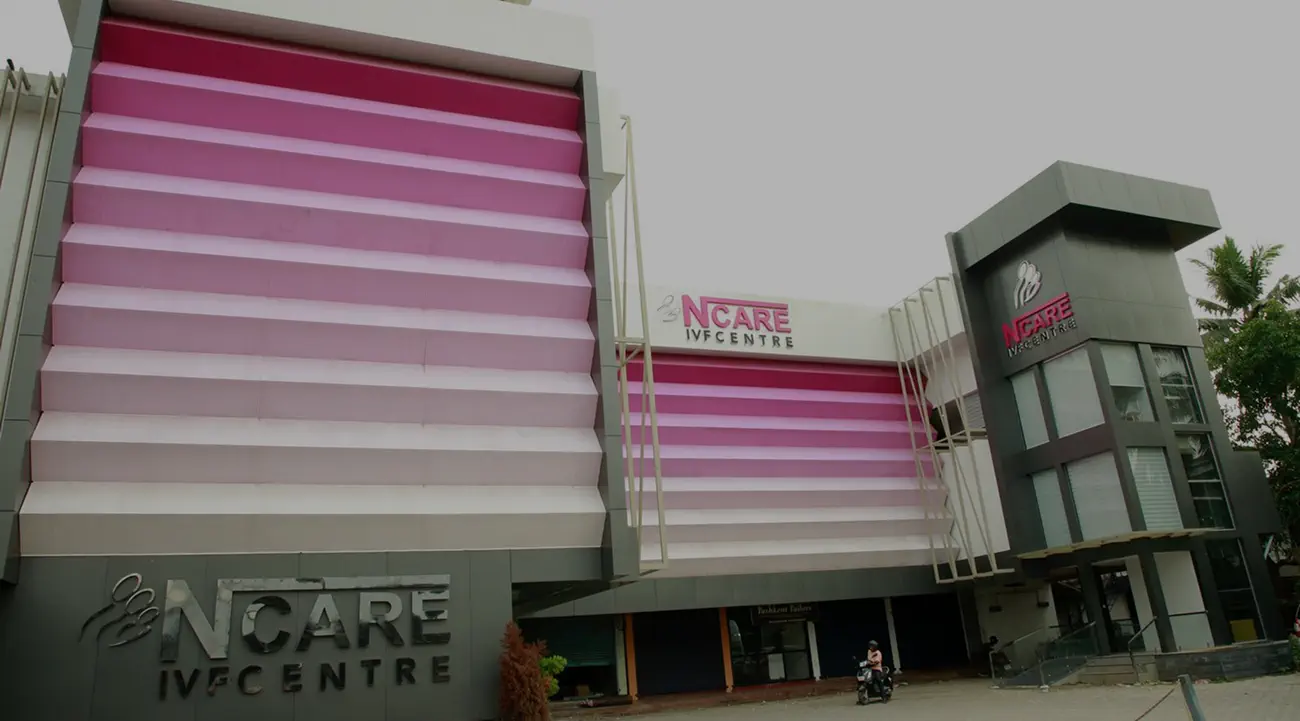
Causes of Recurrent Implantation Failure (RIF)
Recurrent implantation failure occurs when embryos fail to implant despite multiple IVF attempts. Several factors can contribute to this condition, making a detailed diagnosis essential for effective treatment.
Ready for expert care? Discover the cause of RIF and explore effective solutions. Book your consultation today
Diagnostic Tests for Recurrent Implantation Failure
A detailed assessment is essential to determine the factors affecting embryo implantation. Early diagnosis with these advanced tests helps in planning a personalized treatment strategy.

Step 1: Preimplantation Genetic Testing (PGT)
This test examines embryos for chromosomal abnormalities, ensuring that only genetically normal embryos are selected for transfer, reducing the risk of implantation failure.
Step 2: Endometrial Receptivity Analysis (ERA)
ERA determines the optimal time for embryo transfer by analyzing the receptivity of the uterine lining. This improves the chances of successful implantation.


Step 3: Hysteroscopy & 3D Ultrasound
These imaging techniques help detect uterine abnormalities such as fibroids, polyps, or scar tissue, which may interfere with embryo implantation and pregnancy success.
Step 4: Immune System Testing
Analyzing immune responses helps detect conditions that may cause the body to reject an embryo, allowing for targeted treatments to improve implantation rates.


Step 5: Thrombophilia & Clotting Disorder Tests
Blood clotting disorders can reduce blood flow to the embryo, affecting its ability to implant. These tests help identify clotting issues that may need medical intervention.
Step 6: Hormonal & Thyroid Assessments
Hormonal imbalances, including thyroid dysfunction, can impact endometrial receptivity and embryo development. Proper evaluation ensures hormonal stability for a successful pregnancy.

Advanced Treatments for Recurrent Implantation Failure
NCare IVF offers a range of innovative treatments designed to improve the chances of implantation success. Our cutting-edge therapies address key factors causing implantation failure, providing customized solutions for each patient.
Embryo Selection & Quality
With Preimplantation Genetic Testing (PGT), we ensure only the healthiest embryos are selected. Blastocyst Culture and ICSI/PICSI further improve the embryo quality for successful implantation.
Improving Uterine Receptivity
Endometrial Receptivity Analysis (ERA) determines the ideal time for embryo transfer. Therapies like PRP and Endometrial Scratch enhance the uterine lining for improved implantation success.
Immune & Blood Flow Support
Immunotherapy treatments regulate immune responses, while Low-Dose Aspirin and Heparin Therapy enhance blood flow to the uterus, creating optimal conditions for implantation.
Hormonal & Uterine Corrections
We perform Hysteroscopic Surgery to remove uterine barriers such as fibroids or polyps. Hormonal therapies like progesterone and estrogen stabilize the uterine environment, aiding embryo development.
Higher Success Rates with Advanced RIF Treatments
Our specialized approach and cutting-edge techniques significantly enhance implantation success rates for recurrent implantation failure (RIF). Explore the advanced treatments we offer.
Genetically Screened Embryos for Better Outcomes
Preimplantation Genetic Testing (PGT) ensures only chromosomally normal embryos are selected, increasing IVF success rates to 60-70%.
Precision Timing for Embryo Transfer
Endometrial Receptivity Analysis (ERA) identifies the optimal implantation window, improving success rates by 25-30%.
Enhanced Uterine Receptivity
Platelet-Rich Plasma (PRP) therapy and specialized endometrial treatments prepare the uterus for implantation, maximizing pregnancy chances.
Comprehensive Solutions for Recurrent Implantation Failure
At NCare IVF, we combine advanced diagnostics and targeted therapies to give you the best chance at a successful pregnancy.
 In-Depth Diagnostic Evaluation
In-Depth Diagnostic EvaluationA thorough assessment including genetic screening, hormonal analysis, and uterine health evaluation.
 Targeted Treatment Strategies
Targeted Treatment StrategiesPreimplantation Genetic Testing (PGT), Endometrial Receptivity Analysis (ERA), and immune therapies.
 Improving Endometrial Receptivity
Improving Endometrial ReceptivityUsing PRP therapy, hormones, and personalized protocols to enhance uterine receptivity.
 Experienced Fertility Specialists
Experienced Fertility SpecialistsOur expert team tailors each treatment plan with compassionate, personalized care.
Start your journey today—schedule your consultation at NCare IVF.
Why Choose NCare IVF for RIF Treatment?
At NCare IVF Kannur, Kerala, we specialize in advanced fertility solutions for couples experiencing Recurrent Implantation Failure (RIF). Our team focuses on accurate diagnosis and personalized treatment plans to enhance implantation success. We use genetic screening to select healthy embryos, reducing the chances of implantation failure. Our approach includes hormonal evaluations, endometrial therapies, and immune treatments, addressing all factors that may impact fertility. With extensive experience in complex IVF cases, we provide expert guidance and individualized care throughout the treatment process.
Frequently Asked Questions
Copyright © NCare IVF




